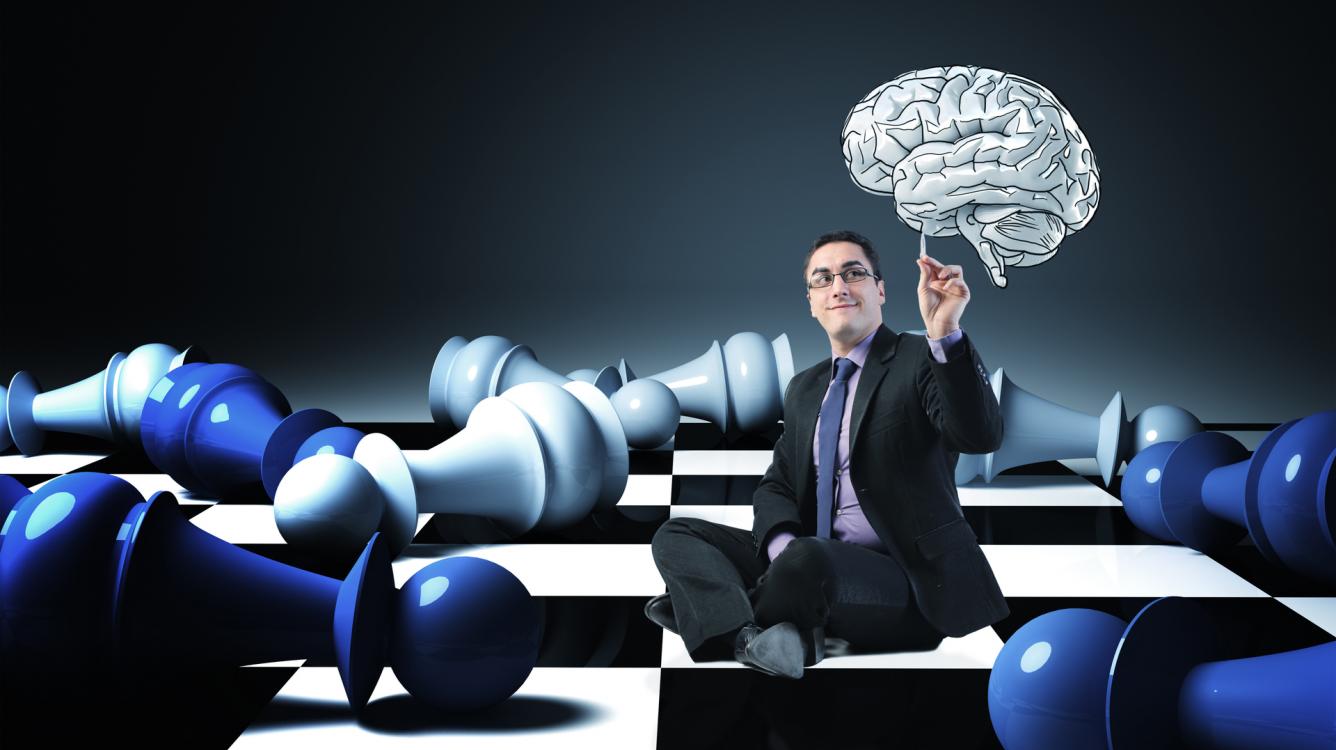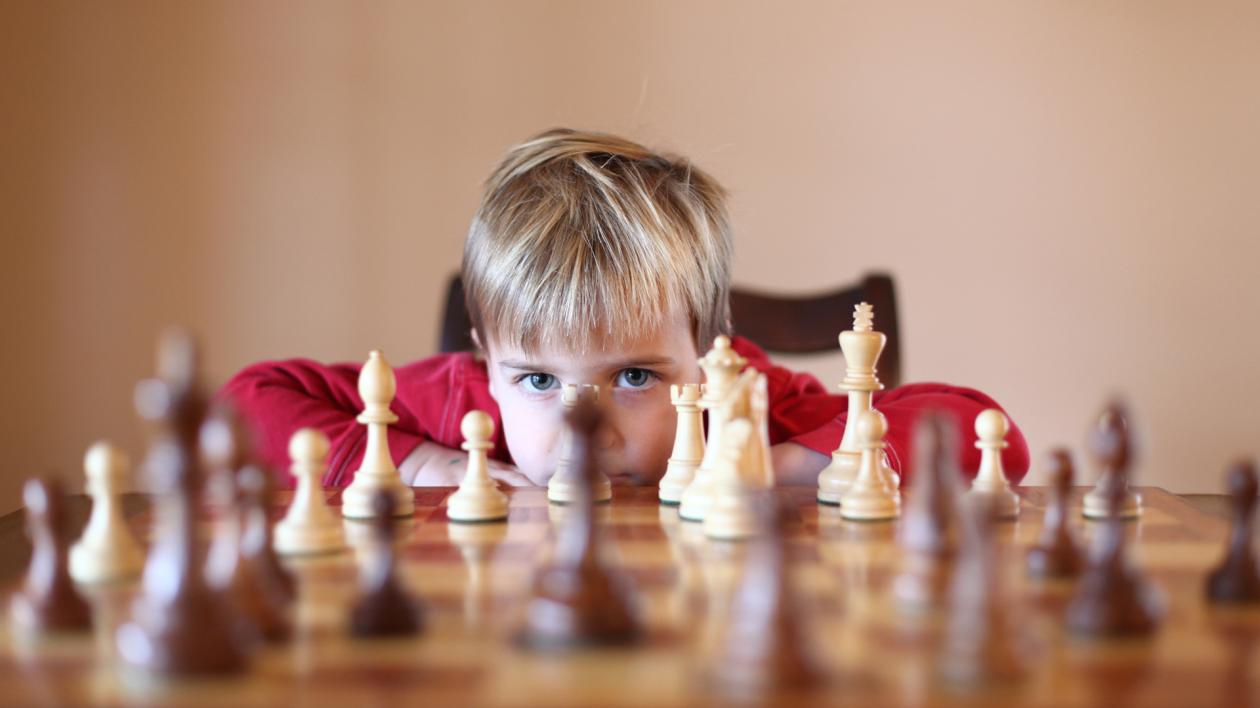
Does Chess Improve Cognitive Skills? What Science Says
It is commonly believed that teaching chess at schools will improve the cognitive skills of pupils in other areas, such as math. But is this actually true? What is the current scientific consensus on the topic?
In February 2015 the Spanish parliament unanimously voted for a resolution to make chess a compulsory subject in schools. In countries such as Armenia, Hungary and Romania chess has been taught in schools for many years. The general idea is that the chess will benefit the pupils in one way or another.
It's a popular belief, and it makes so much sense: children who learn chess will perform better in other cognitive areas, such as math.
Science, however, isn't so sure.
Opinion piece
On February 23, 2017 an opinion piece was published, which deals with all relevant scientific studies on the relation between chess instruction and cognitive skills. It was written by Giovanni Sala and Fernand Gobet of the Department of Psychological Sciences of the University of Liverpool, together with John P. Foley of Chess in School & Communities in London.
The article starts by highlighting a previous meta-analysis by Sala and Gobet, published in May 2016. This analysis showed modestly positive effects, with chess enhancing primary and middle school students' achievement in mathematics and overall cognitive ability.
However, a major problem in today's research on the effectiveness of chess instruction was pointed out: almost none of the reviewed studies compared chess-treated groups with active control groups to rule out possible placebo effects. "At present, this is the most serious methodological issue in the field," wrote Sala and Gobet.
And for everyone trying to get chess into (more) schools, things got even worse on the scientific front.
UK study
In July 2016 the Education Endowment Foundation in the UK released the results of a two-year study involving almost 100 schools. The experiment ran throughout the European school year 2013-14, involving almost 2,000 pupils (nine- or 10-year-olds). Half of these received a total of 30 hours of chess tuition.
The conclusion from this test was that there were no significant differences in mathematical achievement between those enjoying regular chess classes and the control group. This result was widely reported in the UK press. GM Ian Rogers wrote about it here on Chess.com.

Flaws
But was it all that bad? Should we stop teaching chess at schools, because it doesn't really help the children? Maybe not.
In their latest piece, Sala and Gobet point out that besides some strengths (e.g. large sample groups, and group allocation by randomization) the UK research also contained flaws.
For starters, the testing took a full year, and was based on 25-30 hours of chess tuition in total—begging the obvious question, what if the children would have received more chess training?
Secondly, Sala and Gobet suspect that the results of the study may have been vitiated by a ceiling effect, which would make measuring of any effects problematic.
Benefits
Whereas the UK study might not have refuted the "chess-helps-math" theory, there is also no clear proof at the moment of a direct link between learning chess and improving mathematics. Still, teaching chess in schools may well have benefits.
It has been suggested by different scientists that chess involves, and possibly boosts, cognitive abilities such as working memory, fluid intelligence, and concentration capacity. Besides, chess may be beneficial for mathematical ability and, more widely, academic achievement by enhancing concentration and problem-solving skills. All this needs more research.
One place where the effects of chess tuition are being researched is the University of Texas at Dallas. There, Dr. Chandramallika Basak recently gave a lecture about her initial test results, based on working with 12 children at a local chess camp. (Handout in PDF, sheets in PDF, report by Alexey Root).
So far, Dr Basak found that children recruited from the chess camp improved in focusing attention to the target and in multi-tasking skills, and that these improvements suggest that chess instruction has the potential to improve the "building blocks" of complex cognitive skills. She plans to continue her research, which is in collaboration with the UT Dallas Chess Program's chess camp.
Corrections: An earlier version erroneously stated that the February 23rd piece by Sala and Gobet was a new meta-analysis, instead of an opinion piece. Besides, Dr Basak doesn't work with the UT Dallas chess club, but with the UT Dallas Chess Program's chess camp.


